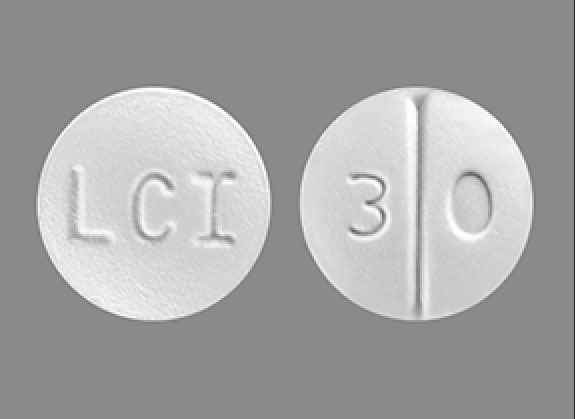Codeine sulfate
€82.84 – €167.98
Codeine sulfate is a prescription medication that is classified as an opioid and is primarily used to treat mild to moderate pain and to relieve cough. It is a derivative of morphine, and it works by binding to opioid receptors in the brain and spinal cord, altering the way the body perceives pain and reducing coughing.
Key Points About Codeine Sulfate:
Chemical Composition:
-
Codeine sulfate is the sulfate salt form of codeine, an alkaloid found in the poppy plant (Papaver somniferum).
-
It is a narcotic or opioid analgesic, which means it has a sedative and pain-relieving effect.
Mechanism of Action:
-
Codeine sulfate works by binding to specific opioid receptors in the brain and spinal cord. These receptors are part of the body’s central nervous system, and when activated, they reduce the perception of pain and also suppress the cough reflex.
-
Codeine is converted into morphine in the body by the liver, and it is this morphine that exerts most of the drug’s analgesic (pain-relieving) and euphoric effects.
Uses:
-
Pain Relief: Codeine sulfate is often used to manage mild to moderate pain. It is frequently prescribed for conditions like post-surgical pain, dental procedures, or injuries.
-
Cough Suppressant: Codeine is also used in cough syrups to suppress a cough caused by respiratory conditions such as the common cold, bronchitis, or flu.
-
Combination Products: It is commonly combined with other medications like acetaminophen (Tylenol) or aspirin in combination analgesic products to enhance pain relief.
Dosage Forms:
-
Codeine sulfate is typically available in oral tablets, oral liquid forms, or as part of combination medications (e.g., with acetaminophen or aspirin).
-
The dosage will vary based on the condition being treated, with common doses ranging from 15 mg to 60 mg every 4 to 6 hours for pain relief.
Side Effects:
Common side effects of codeine sulfate include:
-
Drowsiness or sedation
-
Constipation
-
Nausea and vomiting
-
Dizziness or lightheadedness
-
Respiratory depression (slowed breathing) at high doses
More severe side effects (especially with misuse or overdose) include:
-
Addiction or dependence (due to its opioid properties)
-
Respiratory failure (especially when combined with other depressants like alcohol or benzodiazepines)
-
Severe sedation or coma in cases of overdose
Warnings and Precautions:
-
Respiratory Depression: Codeine sulfate can depress breathing, especially in higher doses or when combined with other central nervous system depressants (e.g., alcohol, benzodiazepines). This can lead to life-threatening breathing problems.
-
Addiction: Codeine has the potential for abuse, addiction, and dependence. It should only be used as prescribed, and for the shortest duration possible to reduce the risk of misuse.
-
Children: Codeine is not recommended for use in children under the age of 12 due to the risk of respiratory depression. In children aged 12 to 18, it should be used with caution, especially in those with respiratory conditions.
-
Liver Issues: Codeine is metabolized in the liver, so those with liver disease should use it with caution and under close supervision by a healthcare provider.
Drug Interactions:
-
CNS depressants: Combining codeine with other central nervous system depressants (e.g., alcohol, sedatives, benzodiazepines) can increase the risk of respiratory depression and sedation.
-
Antidepressants: Some antidepressants, especially those that affect serotonin levels, can interact with opioids like codeine and increase the risk of serotonin syndrome, a potentially life-threatening condition.
Overdose:
-
Overdose symptoms of codeine sulfate include slow or shallow breathing, extreme drowsiness, loss of consciousness, and cold, clammy skin.
-
Overdose treatment may involve the administration of naloxone (an opioid antagonist) to reverse respiratory depression, and immediate medical attention is crucial.
| Quantity | 15 mg, 30 mg, 60 mg |
|---|












Reviews
There are no reviews yet.